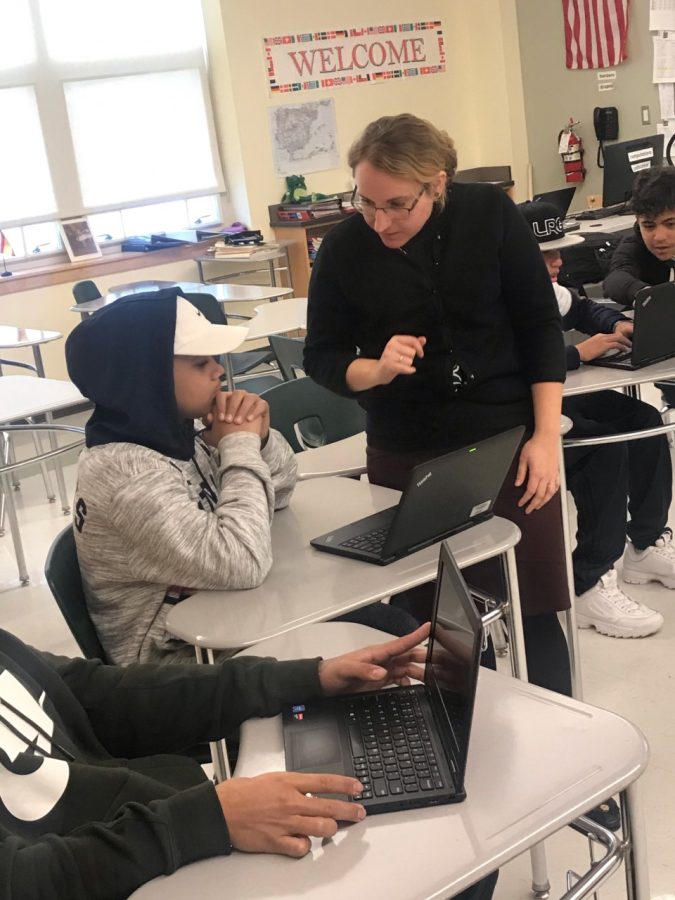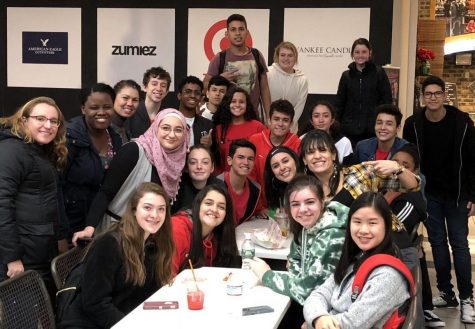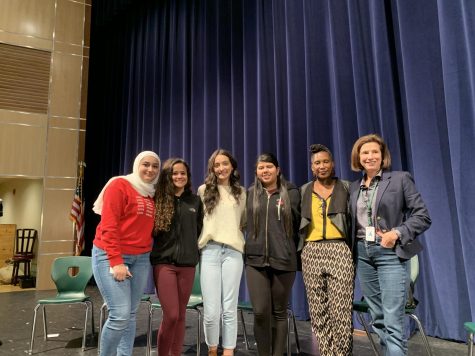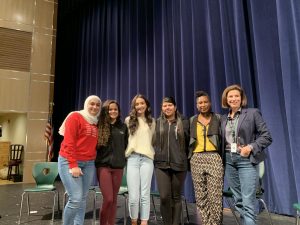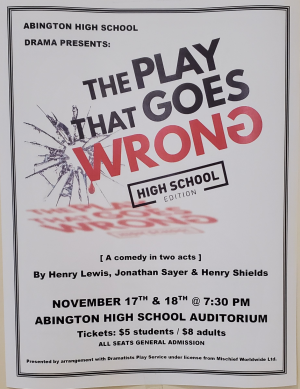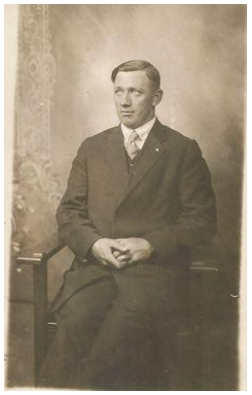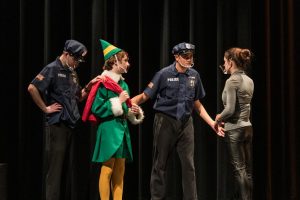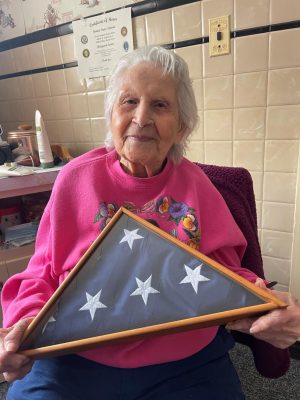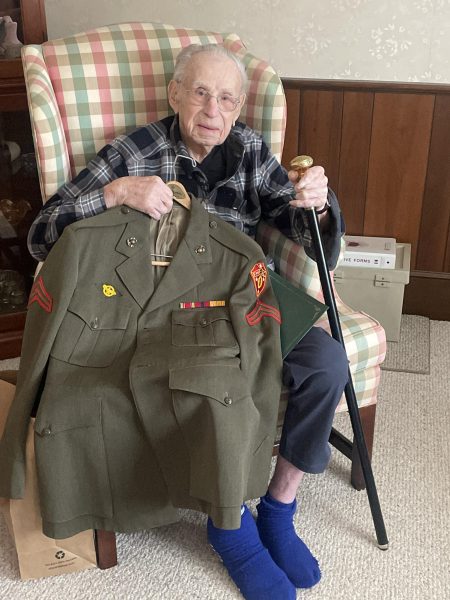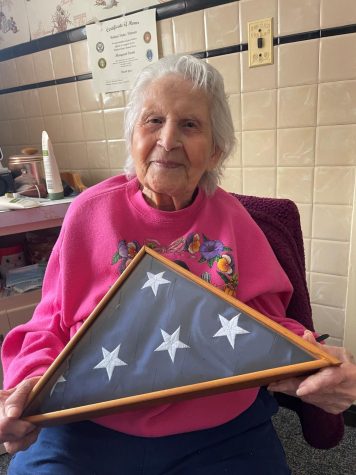Spotlight on Mrs. Despres
The Role of an English as a Second Language Teacher
Mrs. Despres, an English as a Second Language teacher at Abington High school, helps one of her students with his assignment during semester one.
December 10, 2019
Mrs. Elizabeth Despres has been the ESL (English as a Second Language) teacher at Abington High School since 2015 to present. She is an important teacher to the students who come from other countries. Ms. Despres not only teachers English Language Learners (ELLs), but also provides information to classroom teachers about them.
On Tuesday, Nov. 5, I sat down to interview Mrs. Despres in her second floor classroom at Abington High.
Joao Carlos Andrade: Can you briefly describe yourself?
Mrs. Despres: I am an ESL teacher at Abington High School and the ESL Director for the district. I am passionate about helping my students learn English in order to help them succeed in their academic, career, and personal goals.
There were only 10 ELL students ten years ago in the district. Now we are at about 150 ELL students.
— Mrs. Despres
JCA: What college did you attend and what did you study?
Mrs. D: I went to Bridgewater State University for my undergraduate and graduate degrees. I studied History for my undergraduate and I got my masters in Teaching English to Speakers of Other Languages (TESOL).
JCA: How long have you been working at Abington High School?
Mrs. D: I have been at Abington High School since the 2015–2016 school year. This is my fifth year working at AHS.
JCA: Why do you choose to work with the ESL population?
Mrs. D: My mom came to the United States from Greece when she was in high school and I grew up hearing her stories of what it was like to move to a new country and adjust to a new language and culture. I come from a family of immigrants and I was always fascinated about topics related to immigration and living between two cultures.
JCA: What do you think is hardest for the students who come from other countries?
Mrs. D: I think it is difficult for students to establish a sense of belonging when they first come to the United States. High school is a challenging time for any student, but when you add the pressures of learning a new language and a new culture, there are even more challenges that ESL students face, both academically and socially.
JCA: What might be challenges for the teachers who have to cover curriculum but have students in their classes that do not speak or understand English?
Mrs. D: The demographics of Abington have changed rapidly in the last 10 years. There were only 10 ELL students ten years ago in the district. Now we are at about 150 ELL students. The language barrier can be challenging for teachers, but a lot of the teachers in Abington do a great job finding strategies to make their content accessible to their English Learners.
JCA: What do you think is the most difficult part about working with students who don’t speak or understand English?
Mrs. D: The most difficult part is the language barrier with my new students who come. Sometimes I see my students really want to express their complex thoughts, and they become frustrated when they are not able to do so. We use Google translate to help understand each other better, but sometimes the meaning is lost in Google translate.
JCA: What are you looking to accomplish with the students in your classes?
Mrs. D: I would like to help my students attain enough English in order to succeed academically and socially in high school. I also would like to help my students find a sense of belonging in their school.
JCA: What do schools do to help students who do not speak English?
Mrs. D: All students who have limited English take ESL classes. Also, all of their content classes are taught by teachers who are certified in Sheltered English Immersion (SEI).
JCA: What is the best part of teaching ESL?
Mrs. D: I love learning from my students. They teach me so much about their language and their culture. And also I am in awe of the strength and courage they show on a daily basis. It’s not easy coming to a new country.

